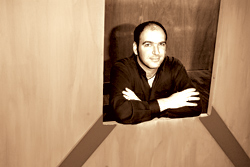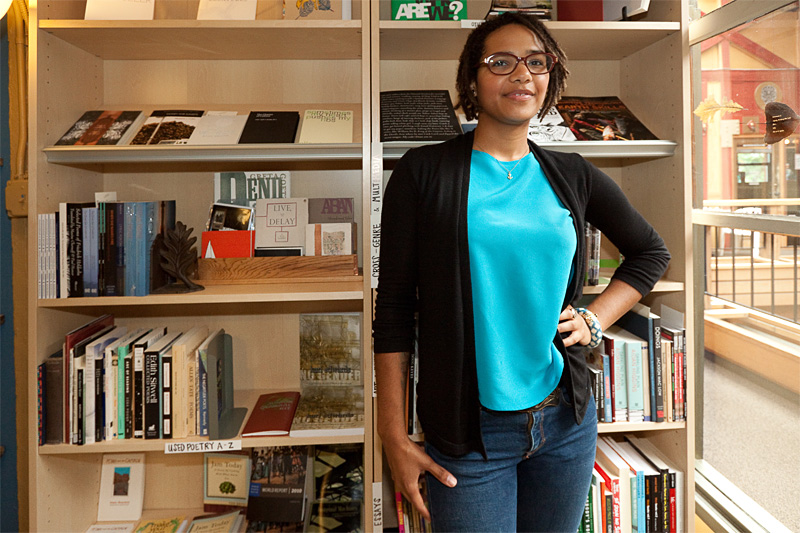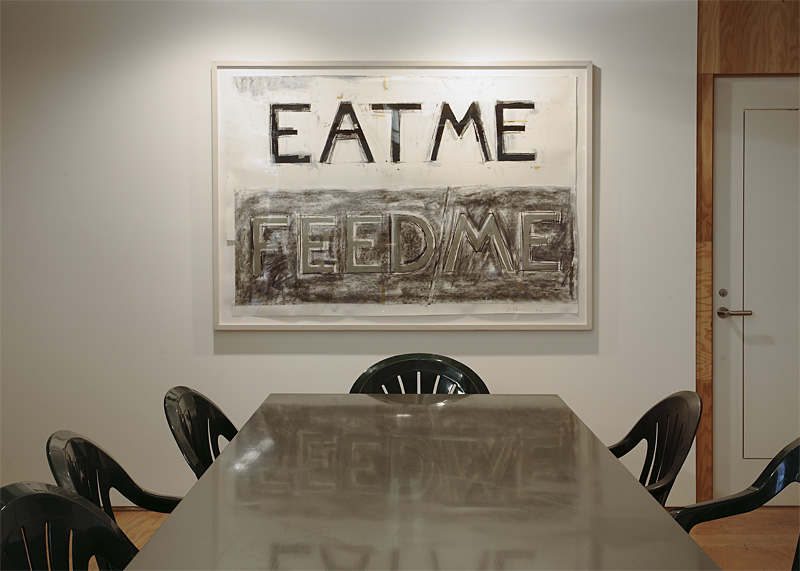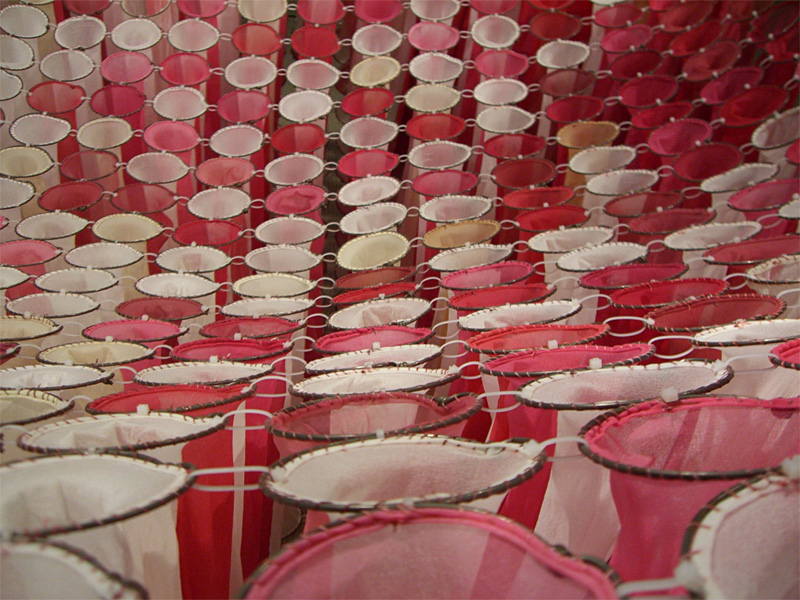Known for producing some of the best fringe drama in Seattle, Capitol Hill Arts Center (CHAC) has announced that when its upcoming production of Harold Pinter’s The Birthday Party closes in July, it will also bring an end to CHAC’s final theatrical season. The three-year-old arts organization still intends to provide rental space to other stage companies and may occasionally produce a performance, but it will no longer plan a slate of plays and sell subscriptions in advance. “This model just hasn’t been working for us,” explains CHAC Artistic Director Matthew Kwatinetz.
That model, of course, is borrowed from nonprofit theaters, like ACT and Intiman, but CHAC is a very different animal. Its mission is tripartite: (1) to produce innovative, socially conscious works of artistic value; (2) to serve members of the artistic community; and (3) to treat show business as a business. Anomalous in the world of fringe theater, CHAC is for profit, intent on demonstrating that an arts organization can be financially sustainable. To that end, it rents space to artists (and to the restaurant Crave); produces music, spoken-word, and theatrical performances; and operates a bar and gallery.
Over the past few years, CHAC has received critical raves for presenting small-scale, socially conscious theatrical works that might be too commercially risky for larger theaters, such as Ionesco’s The Rhinoceros and Odets’ Waiting for Lefty. But glowing reviews alone can’t satisfy the for-profit mission. Though neither Kwatinetz nor CHAC literary manager Sheila Daniels (a well-respected stage director) will say it in so many words, both have indicated that they simply do not have the audience to sustain CHAC’s theater season.
“Everything [we do] is really successful, except the theater season,” says Kwatinetz. “If what we do is so important to the community, they have to come out. If the Seattle audience doesn’t recognize Seattle value, the value will have to migrate elsewhere.” So CHAC might move? “We are the Capitol Hill Arts Center,” replies Kwatinetz, “and we see ourselves as a community organization, but all options are on the table right now.
“We try to think of ourselves as a hub,” Kwatinetz explains. “We have shared staff with Empty Space; we used to be Freehold’s Annex. We’re constantly talking ideas with Theater Schmeater. We’re an outlet for Cornish; we work with both college alum and faculty.” He explains that they provide a learning community, offer the lowest rental spaces in the neighborhood, and share space, all as part of their mission to serve the community.
Precisely because CHAC is many things to many people, its services will be sorely missed if it moves or radically changes. Drama students use it as a stepping stone to the professional world. Professional theaters see it as an incubator of talent. Experimental artists use it as a place to try out new work or meet collaborators of like minds.
Actress Amy Thone, who’s currently starring in upstart crow’s all-female King John at CHAC, calls the center “a sort of brain trust of the Seattle theater community . . . an essential part of the revitalization of Seattle theater.” She adds, “If they have to go offline, or change their programming—if what they’re doing doesn’t work—it will be quite dispiriting.”
Pinter’s The Birthday Party ( June 22 through July 8) will serve as a sort of test, Kwatinetz says. Both he and Daniels indicate there is a lot riding on this production and that they do not yet know what the future will look like.
If CHAC doesn’t continue to produce these compelling theater works, who will? Kwatinetz puts his hands in the air; he says nothing.








